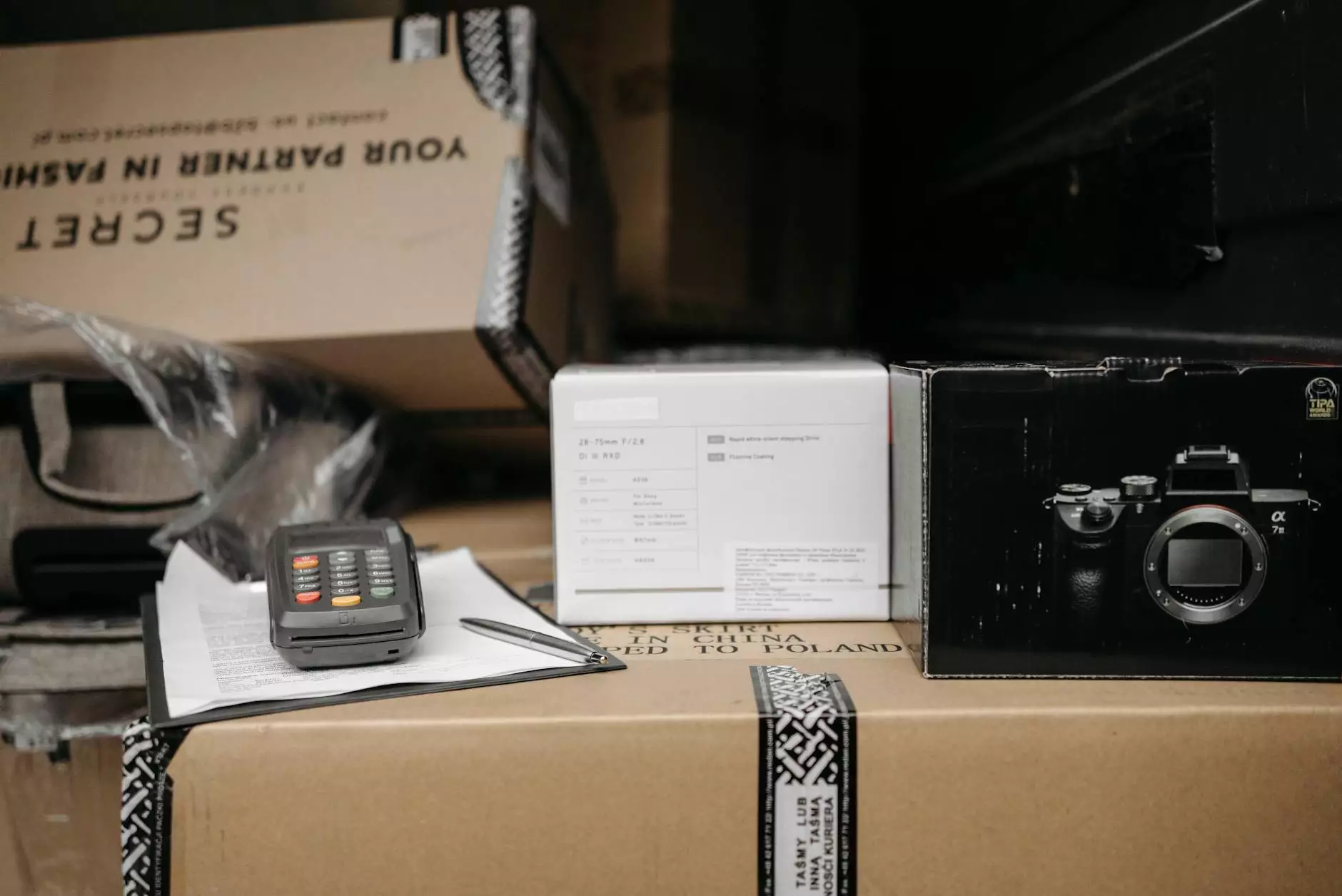Understanding Barcode Checkers: Revolutionizing Business Efficiency

In today’s fast-paced business environment, one particular tool has become indispensable for many companies striving for efficiency and accuracy: the barcode checker. This technology simplifies inventory management, enhances operational efficiency, and ultimately leads to increased profitability. This article delves into the mechanics of barcode checkers, their benefits, types, and implications for various industries.
The Basics of Barcodes and Barcode Checkers
To appreciate the importance of a barcode checker, it’s essential to understand what barcodes are. Barcodes are graphic representations of data that encode information in a scannable format. They come in various forms, including:
- 1D Barcodes: These are the most common, consisting of vertical lines and spaces.
- 2D Barcodes: QR codes are examples of 2D barcodes that can store more information than their 1D counterparts.
- Matrix Codes: These include a combination of dots and shapes to represent data.
A barcode checker is a tool that scans and verifies these codes to ensure the data encoded is accurate and corresponds to the item it represents. This process minimizes errors in data entry and inventory tracking, making it crucial for effective business operations.
The Importance of Barcode Checkers in Modern Business
As businesses strive to remain competitive, leveraging technology becomes necessary. Here are several reasons why integrating a barcode checker into your operations can yield significant advantages:
1. Enhanced Efficiency in Inventory Management
Using a barcode checker allows businesses to streamline their inventory management processes. Instead of manual entry, which is prone to errors, employees can quickly scan items upon receipt or dispatch. This method reduces the time spent on tracking inventory and ensures accurate records.
2. Improved Accuracy
Errors in inventory management can lead to significant financial losses. The introduction of a barcode checker minimizes human errors, ensuring that the data captured is precise. This accuracy translates to better stock management and fewer discrepancies in orders.
3. Cost-Effectiveness
Investing in a barcode checker may seem costly initially, but the long-term savings are substantial. Automating inventory processes reduces the labor required for manual checks and audits, lowering operational costs.
4. Real-Time Data Access
Modern barcode checkers often come equipped with inventory management software that provides real-time data access. This feature allows business owners and managers to track inventory levels, sales, and stock movements instantly, aiding in better decision-making.
5. Enhanced Customer Satisfaction
In retail environments, a barcode checker facilitates faster checkouts. Customers appreciate quick service, leading to increased satisfaction and repeat business. Moreover, accurate inventory levels prevent stockouts that can frustrate buyers.
Types of Barcode Checkers
With technology advancing rapidly, there are several types of barcode checkers available. They can be categorized as follows:
- Handheld Barcode Scanners: These portable devices are popular in retail and warehouses for scanning items directly.
- Fixed Position Barcode Scanners: Installed at checkout counters, these scanners offer a hands-free scanning experience and speed up service.
- Mobile Barcode Scanners: Often integrated into smartphones or tablets, these allow for flexible scanning options in various environments.
- Omnidirectional Scanners: Capable of reading barcodes from any angle, these are ideal for busy retail settings.
How to Choose the Right Barcode Checker for Your Business
Selecting the right barcode checker involves assessing several factors to ensure it aligns with your business's unique needs:
1. Determine Your Business Size
Small businesses may require a basic model, while larger enterprises might need more sophisticated systems with integration capabilities.
2. Evaluate Your Industry Needs
Certain industries, such as manufacturing and logistics, may require rugged devices that can withstand harsh environments, while retail may prioritize speed and ease of use.
3. Consider Software Compatibility
Your barcode checker should integrate seamlessly with existing inventory or enterprise resource planning (ERP) systems for optimal functionality.
4. Budget
Examine your budget for both initial purchases and long-term maintenance costs. Higher-end models may offer advanced features, providing better ROI in the long run.
Implementing Barcode Checkers in Your Operations
Once you've chosen the right barcode checker, implementation is the next step. Here’s a guide to making the transition seamless:
1. Training Employees
The switch to a new system requires adequate training to ensure all employees are comfortable using the scanners. Provide resources and hands-on training sessions.
2. System Integration
Work closely with IT professionals to integrate the barcode checker with existing systems. This step is crucial for real-time data accessibility.
3. Testing and Troubleshooting
Test the system extensively to identify any bugs or issues. Addressing problems early will facilitate a smooth operation.
4. Continuous Evaluation
After implementation, continuously monitor the system's performance. Gather feedback from users to make improvements and adjustments as necessary.
The Future of Barcode Technology
The world of barcode technology is evolving rapidly, and the future holds exciting prospects for barcode checkers. Innovations like mobile payment integration and enhanced data analytics capabilities are on the horizon. These features will not only redefine how businesses manage their inventory but also offer insights that can transform operational strategies.
Conclusion
In an age where efficiency and accuracy are paramount, integrating a barcode checker into your business model is not just beneficial; it's essential. From enhancing inventory management to improving customer satisfaction, the advantages are manifold. By understanding the different types, benefits, and future trends in barcode technology, businesses can make informed decisions that positively impact their operational efficiency and profitability. Embracing this technology will undoubtedly pave the way for a more productive and successful future.









